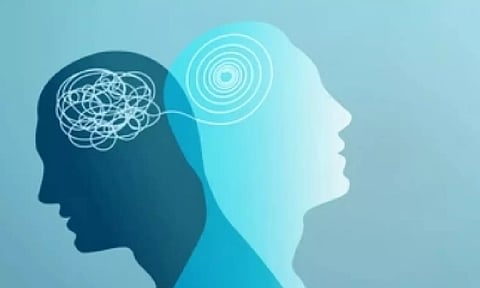

NEW YORK: Artificial intelligence (AI), coupled with data from an iPad colouring game, could assist in early diagnosis of autism, a new study shows. Researchers from the University of Southern California (USC) said the results indicate the potential for an easy and novel method for early detection of autism and developmental coordination disorder.
"This is especially important as motor signatures appear early in autism -- usually before social symptoms. And this methodology does not involve potential biasing by the assessor," said Lisa Aziz-Zadeh, a professor at USC. Previous studies have shown it is possible to use technology to categorise autism from typically developing individuals, but it can be difficult to distinguish autism from other similar developmental disorders.
For example, developmental coordination disorder -- primarily a motor skills disorder -- has features that overlap with autism.
Children with autism spectrum disorder often have both motor and sensory deficits in addition to the social deficits that are the hallmark of the disorder.
For the study, published in the Journal of Autism and Developmental Disorders, 54 children between the ages of 8 and 17 took part in a five-minute colouring game on iPads. Eighteen had autism, 16 had developmental coordination disorder, and 20 were developing typically.
The iPads collected touchscreen kinematic data -- for example, how hard kids are pressing and the jerkiness or velocity of movements.
The researchers used machine learning analytics, a form of artificial intelligence, to process the information. "We were able to correctly distinguish between a typically developing child and one with autism spectrum disorder with 76 per cent accuracy," said Aziz-Zadeh.
Researchers also were able to correctly distinguish between typical development and developmental coordination disorder with 78 per cent accuracy, and autism and developmental coordination disorder with 71 per cent accuracy. The study was conducted in high-functioning children and adolescents with autism and needs to be replicated in larger, younger, and more diverse groups, researchers said.
"We would want to see this signature as early as possible," said Christiana Dodd Butera, a postdoctoral student at USC. "Early identification allows for tailored therapeutic approaches, which result in better long-term developmental outcomes," she added.